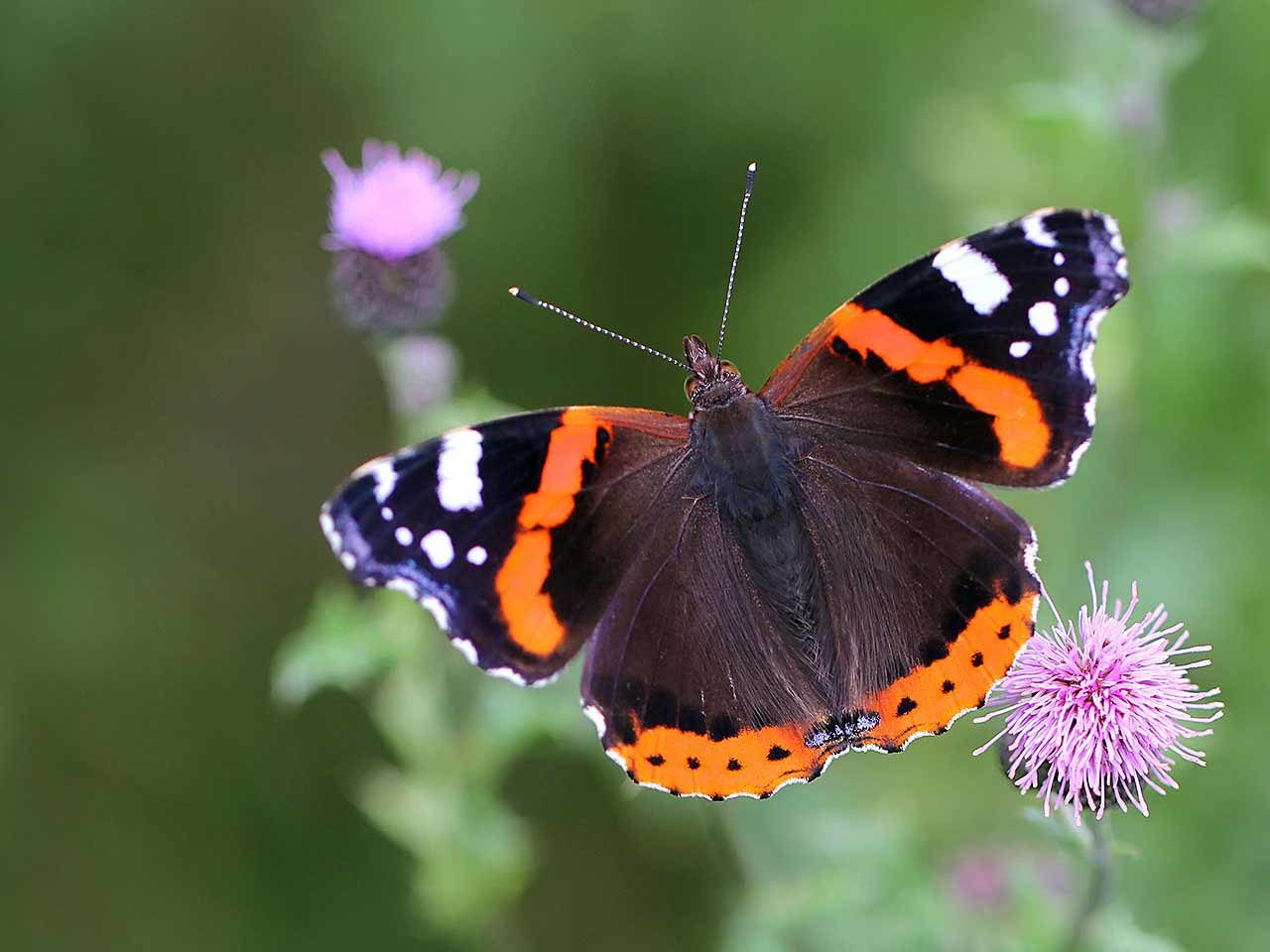OF THE
TIMES
As a side note, the Ukraine is now forced to "import" electrical energy from neighboring countries : [Link] I hope those countries - EU countries,...
I wonder if one can outflank it. Sticking black tape over the lense, or a print-out of the "everything OK" image it is supposed t see ? I would...
Poking the bear and kicking the dragon. I wonder if this is the recipe for success ...
Maybe the militaries will shut down their sonar in the Subs before they kill all sea life.
Trump card is the court joker...aka clown world. period... case closed: diagnosis "unfit to lead" the U.S. is the laughing stock of the world....
To submit an article for publication, see our Submission Guidelines
Reader comments do not necessarily reflect the views of the volunteers, editors, and directors of SOTT.net or the Quantum Future Group.
Some icons on this site were created by: Afterglow, Aha-Soft, AntialiasFactory, artdesigner.lv, Artura, DailyOverview, Everaldo, GraphicsFuel, IconFactory, Iconka, IconShock, Icons-Land, i-love-icons, KDE-look.org, Klukeart, mugenb16, Map Icons Collection, PetshopBoxStudio, VisualPharm, wbeiruti, WebIconset
Powered by PikaJS 🐁 and In·Site
Original content © 2002-2024 by Sott.net/Signs of the Times. See: FAIR USE NOTICE


The irony is that without the Totality humanity becomes extinct too.